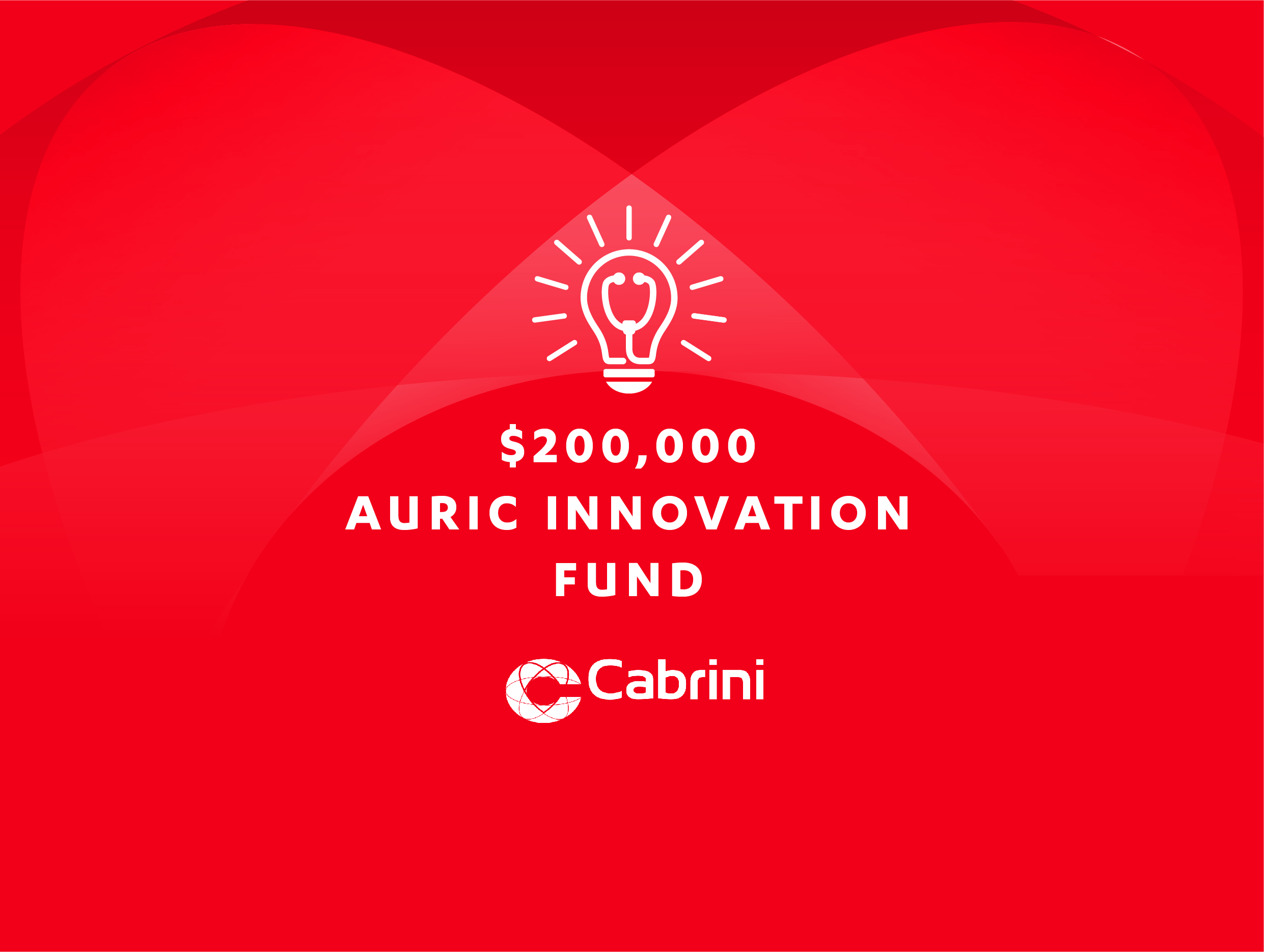Cabrini Foundation research grants
06/06/2022

Cabrini Foundation is delighted to announce that the recipient of the 2022 Auric Innovation Grant is Professor Gary Richardson OAM, whose collaborative project will produce a world-first personalised therapy platform for metastatic breast cancer.
Chairman of the Foundation Board Sylvia Falzon said the judging panel followed a rigorous independent review process, and reached a unanimous decision.
“Prof Richardson’s application is an exceptional and worthy recipient of the $200,000 Auric Innovation grant,” Ms Falzon said.
“It will put Cabrini on the world stage for novel and cutting edge advances in precision medicine.” The work will be undertaken as a Cabrini and Monash University collaboration, ensuring the brightest minds are working together.
Cabrini Chief Executive, Sue Williams, welcomed the announcement, saying Prof Richardson’s application embodied the meaning and intent of the grant – a BIG IDEA, Impact and Outcomes.
“I commend Gary for his pursuit of better outcomes for women who have metastatic cancer, which is such a difficult cancer to treat,” she said.
“Development of the platform will eventually be a part of personalised medicine available to all women with metastatic breast cancer.
“And this will lead to national and international collaborations and help attract the brightest researchers and clinicians to work with Cabrini.”
Cabrini Foundation wishes to thank donors Brian and Lee Johnstone for their significant contribution to the Foundation research grant fund. Brian and Lee were delighted to hear their innovation grant for 2022 will help support this important and much needed research.
We thank all who applied for the 2022 Auric Innovation Grant for their time and effort, and encourage you to reapply in the future.
A summary of the application:
Development of a novel personalised therapy platform for metastatic breast cancer
Professor Gary Richardson OAM
Metastatic cancer is notoriously difficult to treat, and accounts for the most cancer deaths. Frequently unresponsive to therapies, the variable locations of the tumours make treatment choices challenging. In breast cancer, patients with localised primary tumours have a 99% five-year survival chance, but this drops to only 29% for metastatic breast cancer (MBC). Understanding each patients’
tumour and developing a personalised treatment approach is the only way we will improve outcomes.
Organoids are “mini-3D tumours” that are created in the laboratory, and perfectly mimic the
patients’ tumour they were developed from. Organoid technology is cutting edge and can provide a unique approach to personalised cancer treatment, allowing us to understand every individual MBC tumour in detail, and test and find the appropriate treatment for every patient.
The Cabrini-Monash Breast Cancer Organoid Program is only one of two in the world that have successfully grown organoids from breast cancer cells, but organoids have only been developed from primary breast tumours. This innovative study would be the first of its kind in the world exploring the development of MBC organoids. Once mastered, the process could be made available to all women with metastatic breast cancer, and the eventual aim would be to commercialise the process.
FURTHER CABRINI FOUNDATION RESEARCH GRANTS
The Alan Jackson Nursing Grant has not yet been allocated. It will be re-advertised allowing nursing researchers eight weeks to apply.
Sixteen applications were received for four research grants. The panel was delighted with the quality and diversity of applications and has awarded $30,000 to:
- Rebekah Engel for her “Mapping spatial heterogeneity in metastatic colorectal cancer: defining mechanisms of treatment resistance”
- Peter Kistler for his “Advanced mapping and ablation for atrial fibrillation: where to next?”
- David Hennes for his “Morphometric and biomechanical properties of Human Fascia Lata (HFL): implications for pelvic reconstructive surgery” and
- Eva Zopf for her “ACE: Advanced Cancer and Cachexia Exercise Trial”.
As the quality of the applications was so high, the panel agreed the Foundation would support another two grants:
- Dion Stub for “Routine versus selective protamine administration to reduce bleeding in transcatheter aortic valve implantation (ACE-PROTAVI)” and
- Sean Docking for “Estimating the costs and benefits of improving access to non-surgical management for knee osteoarthritis: A long-term economic evaluation”.